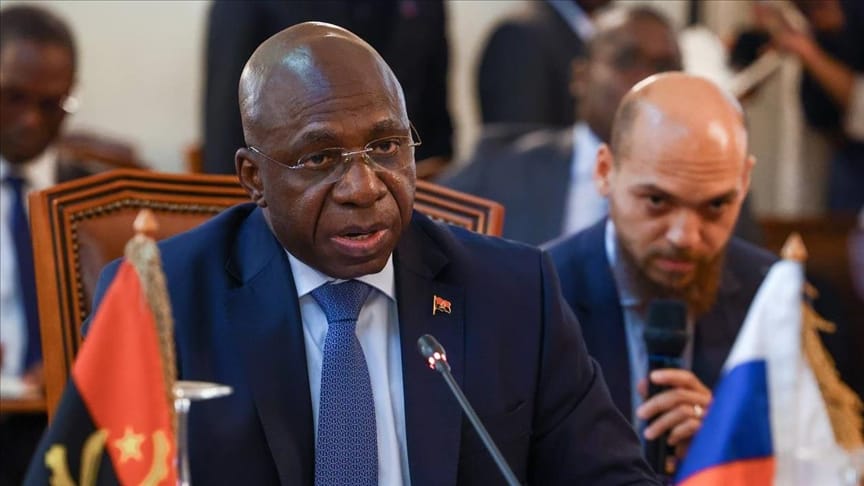Angolan Foreign Minister Tete Antonio has dismissed any suggestion that African countries could serve as a destination for displaced Palestinians, stating that such proposals are fundamentally at odds with the values of the African Union (AU).
Speaking in Brussels on Wednesday after the third European Union–African Union ministerial meeting, Antonio emphasized that Africa cannot accept attempts to shift the Palestinian crisis onto its soil.
“The African Union cannot be happy when there is talk of relocating Palestinians to Africa,” he said during a joint press conference alongside EU foreign policy chief Kaja Kallas. “We strongly support the two-state solution and remain aligned with UN Security Council resolutions.”
Antonio said the AU’s position is shaped by its proximity to the Middle East and its guiding principle of “non-indifference” in the face of human suffering.
“We are not observers from afar. Africa is close to the region and deeply concerned about the ongoing hardships faced by the Palestinian people,” he said.
He also underlined the AU’s longstanding commitment to Palestinian representation, noting that the chairman of the Palestinian Authority is the only non-African leader with a standing invitation to AU summits — a clear indicator, he said, of how seriously the issue is taken by the continent’s leaders.
“The Palestinian cause is not just symbolic for Africa; it remains an issue of real and enduring concern,” Antonio stated.
On her part, EU’s Kaja Kallas addressed the fragile security situation in Africa’s Sahel region, which she described as a growing worry for the European Union. She revealed that discussions are underway within the bloc to develop a revised Sahel strategy and stressed that African leadership should remain central in all mediation and peacebuilding efforts.
“All efforts in Africa must be African-led and African-owned. This principle is non-negotiable,” Kallas said.
She also pointed to an escalating battle over information across the continent, warning that disinformation—particularly from Russian sources—is shaping harmful narratives in Africa.
“Misinformation has become a tool of foreign influence, and we must remain vigilant against it,” she cautioned. “There’s a fight for the truth, and Africa must not be caught in a web of manipulation.”
The high-level meeting in Brussels brought together senior diplomats from across Africa and Europe to address shared priorities, from regional peace initiatives to countering foreign interference.



